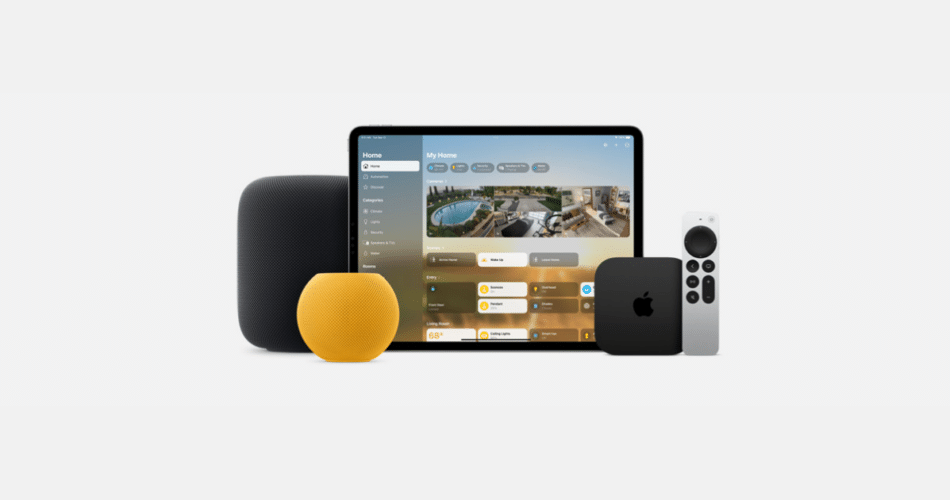Apple is reportedly preparing to expand its smart home offerings by designing a line of smart home accessories, potentially starting with a smart camera that could integrate deeply with its HomeKit ecosystem. This development, covered by both Bloomberg’s Mark Gurman and TF Securities analyst Ming-Chi Kuo, suggests that Apple is exploring smart home solutions that would prioritize privacy and seamless connectivity across its devices. Expected to arrive in 2026, the rumored camera would not only bolster Apple’s HomeKit platform but could also serve as a serious competitor to established players like Amazon’s Ring and Google’s Nest.
Apple’s approach to smart cameras would likely include wireless connectivity, advanced integration with Siri, and a range of intelligent features that could personalize and streamline user interactions. With Apple’s proven commitment to privacy, the company may find a ready audience among consumers who are increasingly wary of the privacy practices of current leaders in the smart camera market. For example, Ring has faced backlash over its privacy policies, particularly with its willingness to share footage with law enforcement without users’ consent. Apple could set a new standard in the industry by leveraging HomeKit Secure Video, an end-to-end encrypted protocol that would enhance user privacy without compromising functionality.
Apple’s entry into the smart camera market would mark a significant departure from its current reliance on third-party accessories. Presently, HomeKit-compatible cameras are available from manufacturers like Eve and Logitech, but an Apple-branded option could offer an unparalleled level of integration and ease of use. Kuo’s predictions align with this vision, suggesting that Apple aims to ship millions of units, which could transform the way consumers view home security in a smart ecosystem.
Looking ahead, Apple’s smart camera is expected to support the Matter standard, a protocol designed to unify smart home devices across platforms such as Amazon, Google, and Apple. This compatibility would address a current limitation within the smart home market, where consumers face barriers when integrating devices from different brands. By the time Apple launches its camera, Matter’s support for video may be in place, enabling Apple’s device to work seamlessly across multiple ecosystems.
This smart camera is expected to offer features such as high-resolution video, potentially reaching up to 4K, as well as enhanced facial recognition that could identify familiar faces from users’ Apple Contacts or Photos. Indoor and outdoor functionality, backed by robust weatherproofing, would also position Apple’s camera as a versatile option in the smart home space. Furthermore, this device would likely operate without requiring a dedicated Wi-Fi hub, utilizing existing Apple products like iPads, Apple TVs, or HomePods to serve as smart home hubs for remote monitoring and storage.
For users invested in the Apple ecosystem, the camera’s capabilities could be augmented by iCloud-based subscriptions. Much like Apple’s current HomeKit Secure Video offering, a new camera might include an option to store recorded footage on iCloud, with various tiers of service based on the user’s iCloud subscription. This would streamline the experience for those already paying for additional iCloud storage and offer another revenue stream for Apple through its subscription model.
In addition to a standalone camera, Apple is anticipated to release a smart display as early as 2025. This display, described as similar to an iPad, would serve as a control center for managing smart home accessories, including cameras. Positioned as a central hub, this device would enhance the HomeKit experience, providing users with more interactive control over their smart home devices and serving as a command center for live monitoring and remote access.
(via Bloomberg)
Subscribe to our email newsletter to get the latest posts delivered right to your email.

